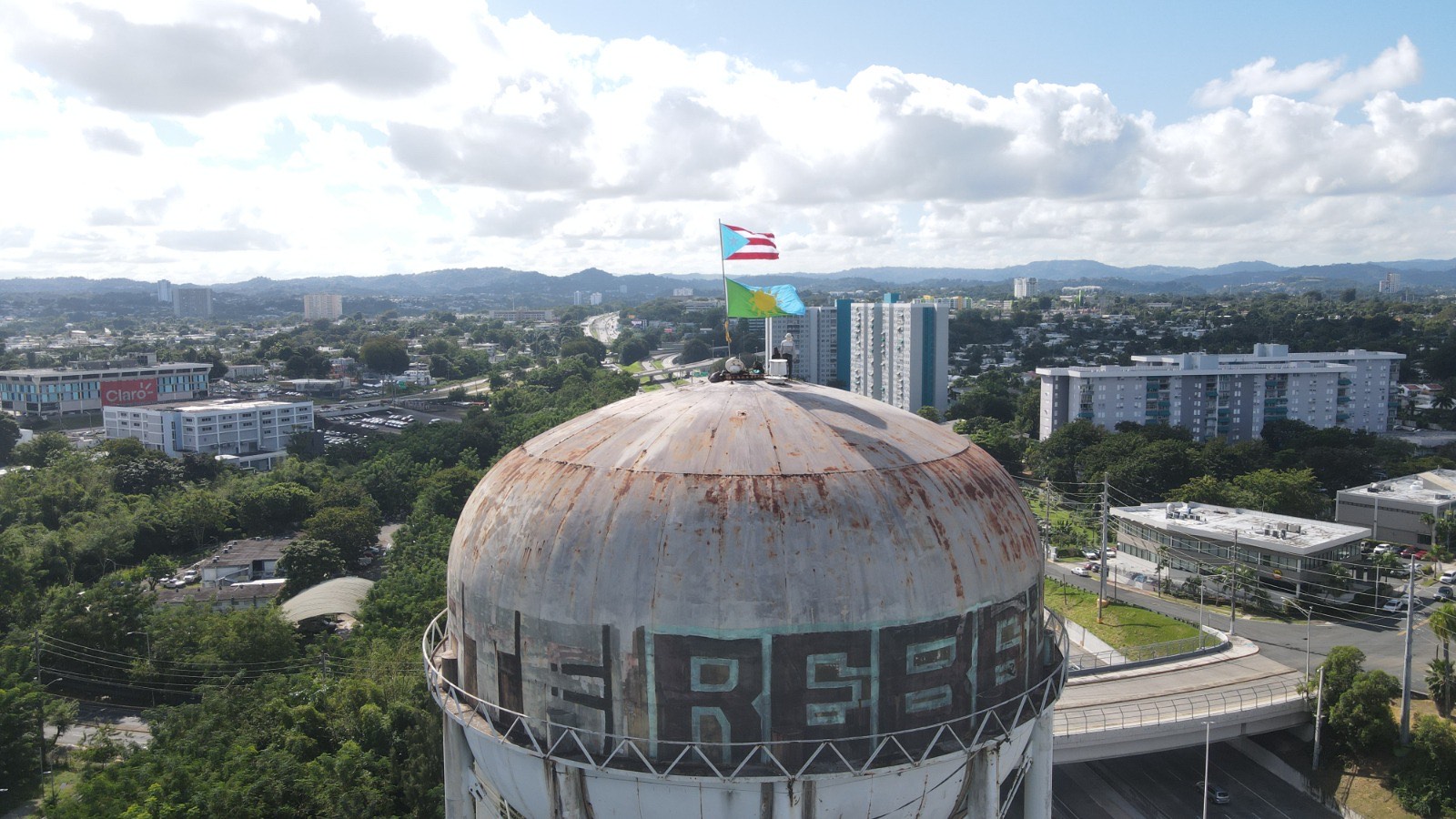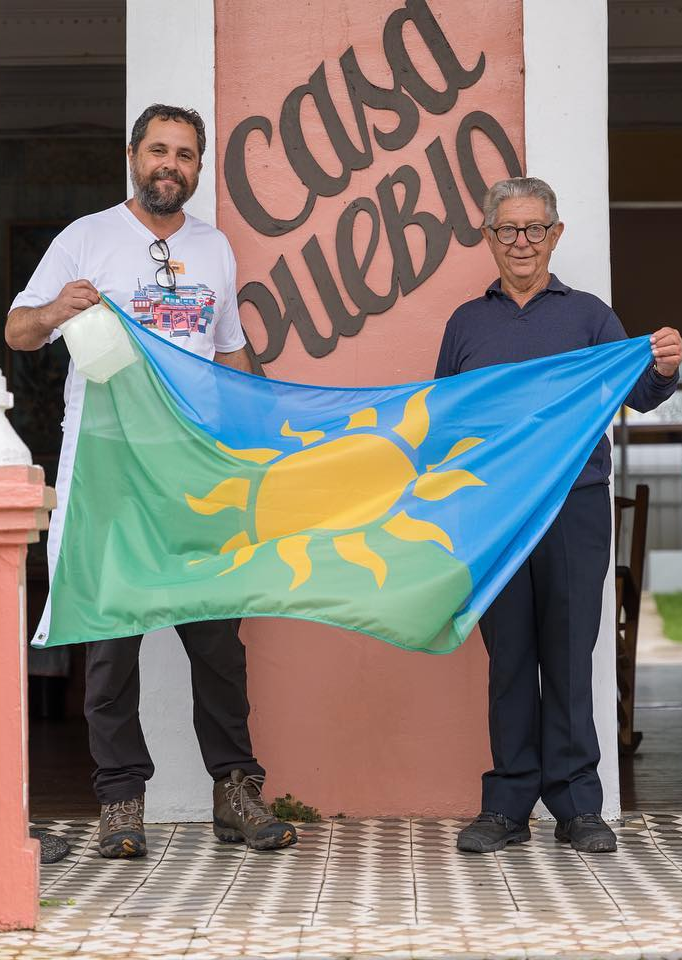Editor's note: This article belongs to our Impact Stories series in which scholars, activists, artists, policymakers, and everyday people share their experiences putting OBI's research and principles into action in their communities.
--

A couple years ago we worked closely with Eli Moore (program director at OBI) on a participatory research project here in Puerto Rico where I live. As head of Casa Pueblo, my work is focused on addressing the issue of energy insecurity in our communities. Some of you may know that Puerto Rico has been suffering from a centralized, fossil fuel dependent energy production system that fails on a regular basis, and is especially vulnerable during hurricanes. This was most serious during Hurricane Irma and Maria in 2017, and more recently with Fiona last year.
With the climate crisis, this problem is only getting worse. So our goal at Casa Pueblo is to break the model of dependency on this unreliable energy system, and to reduce our ecological footprint, by embracing the use of solar power. To do that we've been evaluating the current reality and using that knowledge to advocate for the transformation of our energy system. And our collaboration with Eli contributed to that by gathering knowledge from the community itself which is directly impacted by the frequent power outages.
Our idea was to launch a study to document the frequency and magnitude of power outages to learn if the outages are affecting just one house, a neighborhood, or a whole town. We worked together on designing the study, selecting the tools to carry it out, and assessing alternative solutions that were provided by a consultant, Matt Veltkamp from Nimbus Solutions. We ended up designing an SMS-based survey and launched it in February 2022. It works by allowing residents throughout Puerto Rico to fill out the survey in response to our text messages, so it's easy and reliable for anyone to participate without the need for apps or mobile data, which is often inaccessible to people in rural areas.
We also use the text system to communicate what Casa Pueblo is doing, and hope to learn more about other issues people are facing, like water insecurity. We're also using it to build a network for discussing these issues at the community level. So it's a practical tool and can easily be adapted for other purposes that help us towards our mission for environmental and energy sustainability and justice.
Our organization is building itself up from local strength, but it's also important to get support from outside Puerto Rico as well. Those relationships with different universities, people, and organizations like Eli and OBI who are interested in supporting Puerto Rico is greatly appreciated. I think making these connections with people who are highly committed to social justice and social transformation helps break the geographic isolation of being in the Caribbean.
Arturo Massol-Deyá is the executive director of Casa Pueblo and professor of microbiology and ecology at the University of Puerto Rico at Mayagüez.





